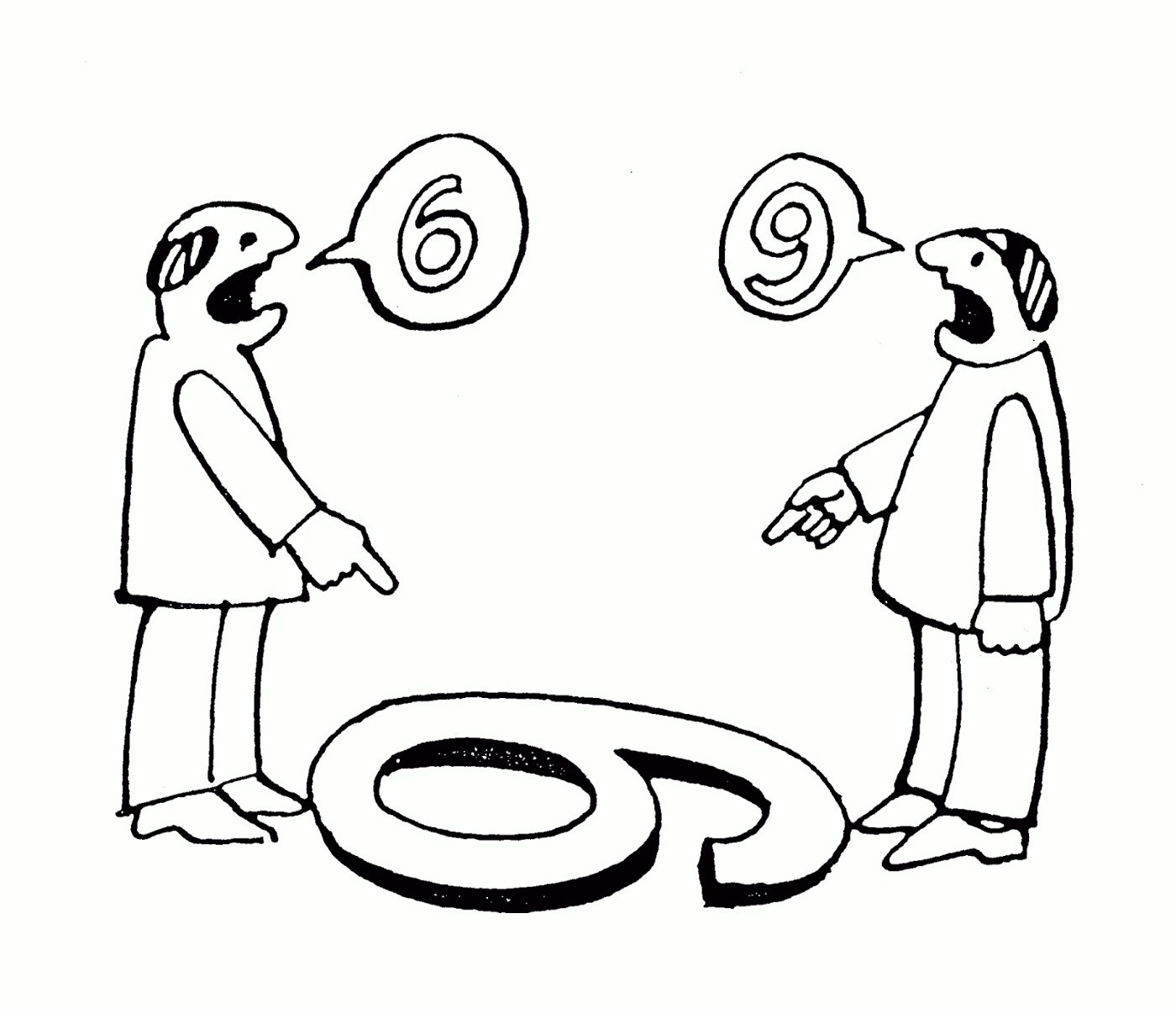With Respect To :-
By School Admin
With Respect To :-
What comes to your mind when you hear the word corn? Everyone would be puzzled after listening to this question. This single word has different meanings in different countries. It stands for wheat in England, oats in Scotland and Ireland and maize in the U.S.A. Thus, it depends on the reference of the place. Similarly, the word 'fool’ stands for a silly person in English, idiot in French and flower in Hindi. We talk about relativity in Physics but it is applicable everywhere.
A similar question, how do you judge an incident to be right or wrong? Some say that just appeal to your conscience, some say to walk through the constitution, some in laws, and some elucidate that nothing/everything is neither correct nor false. It all depends on the inference to whom the question is being asked. It is essential to look at an incident fish eyed to perceive a correct judgement.
For instance, a middle-class family swears on social media that it is rich. The billionaire comments – “Watch your amenities before finding a rabbit on the moon.” A poor person comments – “You are far rich than me.” The family replies, “We were stating on account of love and happiness.” Who is correct? They all are correct on their part and they all are wrong with respect to each other. The most probable answer that fits in each and every type of question/situation cannot be determined. It is subjective.
Thus, infinite views are possible to perceive a single incident in different (may be contradicting) ways. “Ramayan” could be seen with respect to different holy characters that is Lord Rama (The tale of a perfect personality), Sita (The endeavours of a woman), Lakshman (The true brother), Ravana (The liberation of a Shiva’s disciple), and innumerable characters of the epic.
The prophecy – “Kansa would be killed by the eighth son of Devaki.” The reference was quite simple - with respect to time. But Kansa thought in a different respect, he assumed the babies in a circle. As obvious, the starting and trailing end of a closed structure cannot be determined. So, he became determined to kill each of the eight babies which led to his execution by Lord Krishna. A wrong decision made on a corrupted view could prove to be catastrophic.
Another instance is of a beggarly child who was eating a chapati on footpath with a satisfaction that was a dream even for a millionaire. A gentle folk wanted to aid him with some money. He asked,“How are you eating stale food with such happiness?” He replied that he was eating Chappan Bhoga. The gentle folk was astonished and was inspired to think in a positive respect. He asked,“How are you so positive?”He said the worst had already happened to him. So,he used to take everything on his stride. The folk was determined to help this fellow and adopted him as his own child. Sometimes, your thoughts and perception can change your life.
A Physics professor states that everyone needs to study more because none are perfect on a subject. His student replies,“You are the best teacher of this world.” Professor explains him no one is perfect, for every tens there exists a hundred. But it is necessary to keep on upgrading with time in a positive direction. The teacher is not perfect W.R.T him, but he is the best W.R.T his student. These points compel us to be silent as the thought you thought is worse as well as good in many respects.
An infant is purely pure as he/she cannot think in any respect. It grows W.R.T time and learns all the references of a human's life – bad and good. With time he realizes to use his characters in the right place. But as he becomes an adult , a drastic change comes; he starts preaching of love but does not act so lovingly and it persists throughout adulthood. Childhood is the best phase of life W.R.T most of the humans.
Thus, it can be concluded that every incidence/reality is different (may be contradicting) for different persons due to their respects of thinking. A reality can be defined/perceived/assumed/created/distinguished/destroyed/assimilated/……… in infinitely possible and impossible ways.
- RAHUL KUMAR
- CLASS XII
